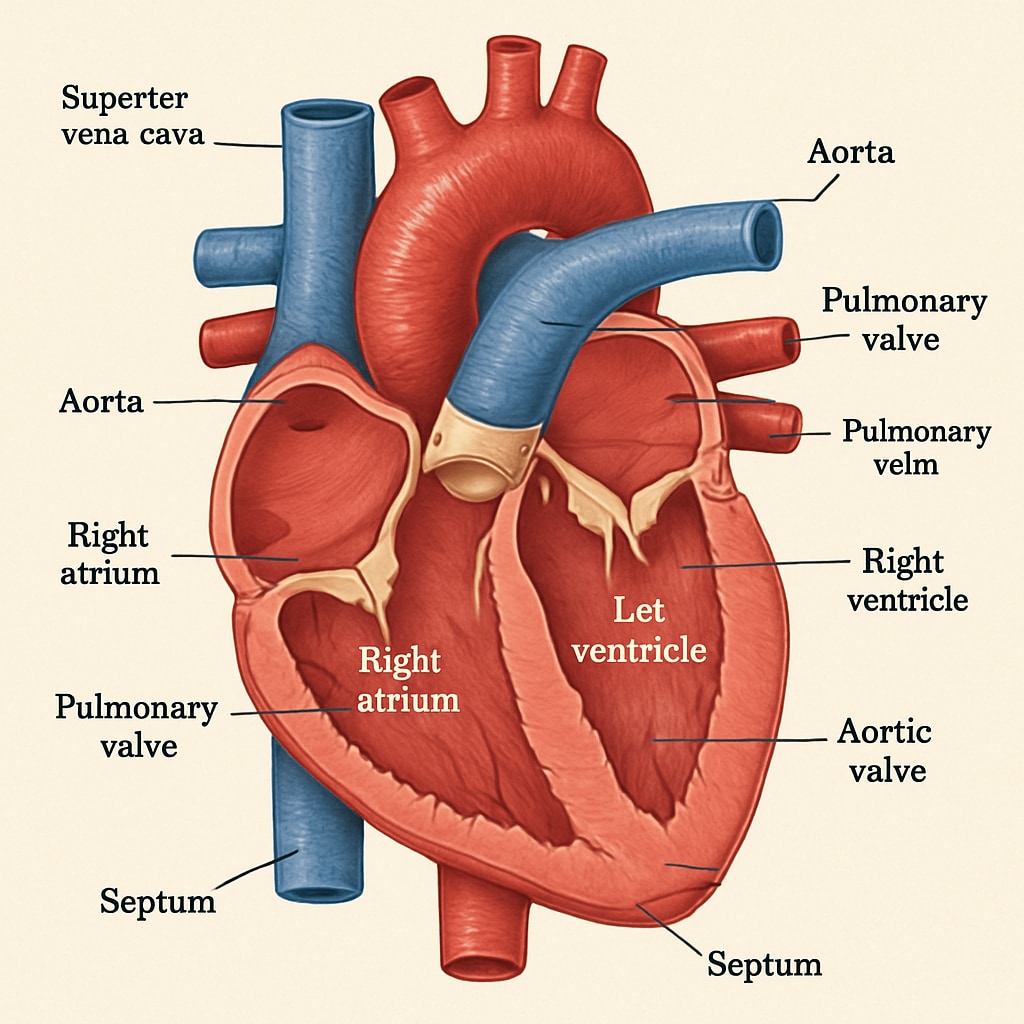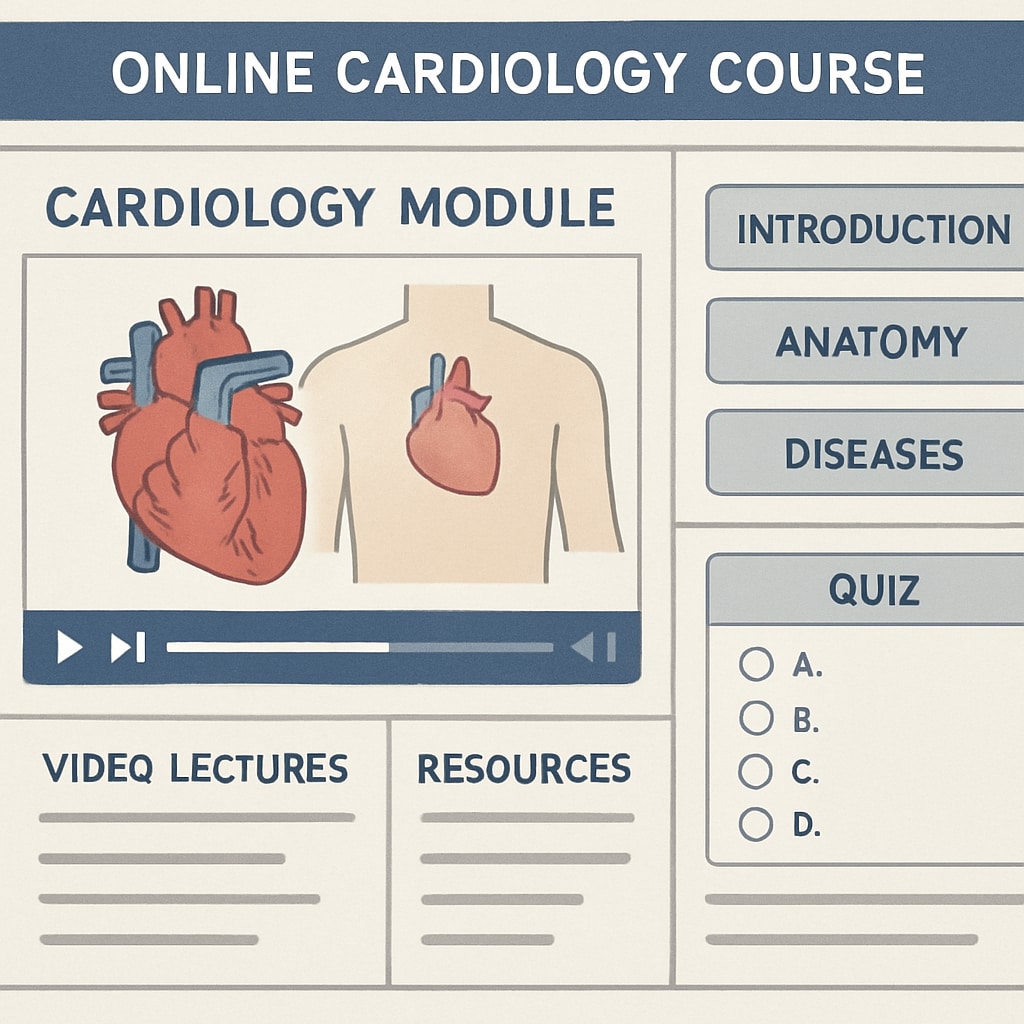For students and educators in K12 settings, diving into specialized subjects like cardiology can be challenging, especially without a medical background. However, the growing availability of online courses and resources tailored for learners outside professional fields opens new doors to knowledge. In this article, we explore how non-medical individuals can access and utilize cardiology-focused learning tools, bridging the gap between curiosity and expertise.

Exploring Cardiology Without Prior Medical Knowledge
Cardiology, the study of heart health and diseases, may appear intimidating to those without formal medical training. However, specialized learning platforms now offer content designed for beginners interested in understanding topics like heart anatomy, common conditions, and preventive care.
For example, platforms like Coursera and edX provide introductory courses on medical topics, including cardiology, that cater to general audiences. These courses often use simplified terminology, visual aids, and interactive modules to make complex concepts digestible.
Practical Strategies for K12 Educators
Educators play a crucial role in guiding students toward effective learning. When introducing cardiology or similar advanced subjects, educators can employ strategies to reduce cognitive overload and foster engagement:
- Start with visuals: Use anatomical diagrams and animations to explain heart functions and diseases in an engaging way.
- Leverage gamified learning: Platforms like Kahoot or Quizlet can make quizzes and flashcards on medical terminology more interactive.
- Encourage project-based learning: Students can create presentations or models of the heart to deepen understanding through creative expression.

Recommended Resources for Learning Cardiology Online
There are numerous resources available to K12 students and educators seeking to explore cardiology. Some of the most accessible include:
- Khan Academy: Offers free, comprehensive lessons on health-related topics, including cardiovascular health.
- Medical News Today: Provides articles and research summaries on heart disease and related topics in an easy-to-understand format.
- Mayo Clinic Education: Shares expert insights on common heart conditions and treatments.
These resources help learners develop foundational knowledge while encouraging curiosity about the broader field of medicine.
Challenges and Opportunities
Although online resources significantly lower barriers to entry for non-medical learners, they also come with challenges. Understanding medical terminology and concepts can require extra effort, especially for younger students. However, with guidance from educators and the use of simplified content, these hurdles can be overcome.
As a result, K12 students and educators can use these opportunities to foster interdisciplinary learning, connecting science with real-world applications. This not only builds academic skills but also inspires future career interests in healthcare and research.
Readability guidance: Use concise paragraphs and lists to summarize key points. Incorporate visual aids to make technical topics more engaging and accessible.


